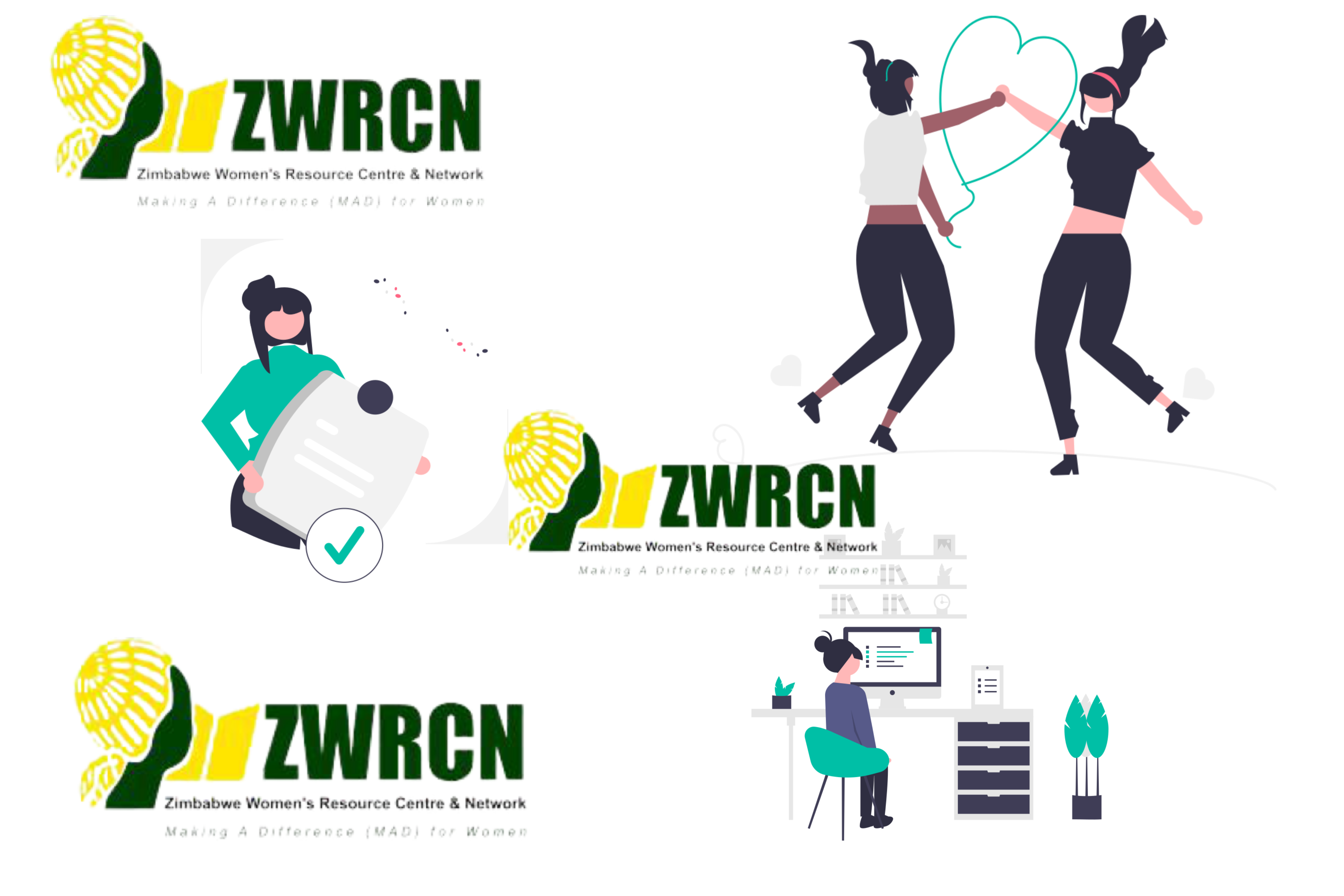Gender and Information Programme (GIP)
archived | 07 Aug 22
The GIP is the arm of the organization that manages information dissemination and communications. It is premised on the fact that information is central to women’s empowerment and to the nation’s development, and promotes women’s access to and control of information including communication technologies (ICTs). The programme has three components: Resource Center, IT Administration, and Knowledge Management and Production (KMP)
ICTs and Young Women
ZWRCN is implementing a HIVOS supported project that seeks to use ICTs to facilitate access to life skills and provide vital information on Sexual and Reproductive Health to at-risk young women in Shurugwi and Epworth. Through the project the organisation seeks to promote the use of Information for Social Change strategies to ensure the personal empowerment of young women, using ICTs innovation.
Resource Centre – Women’s University in Africa
ZWRCN’s information centre has over 8700 publications, and is open to diverse women and men that have an interest in gender equality and women’s rights issues, academics, students from various institutions. The aim is to increase access to gender and development information, as well as extensive library and reprographic services. In order to broaden access to the resource Centre the organization loaned the library collection to Women’s University in Africa effective from October 2014.
IT Administration
This dimension of ZWRCN’s work integrates Information Communication Technologies (ICTs) in all programmes including website maintenance, virtual products and technical aspects of the organization’s online presence.
Knowledge Management and Production
ZWRCN manages the flow of gender and development information generated within and outside the organization though processing, repackaging, and publishing it. The organization’s social networks on Facebook, Twitter and website blog aim to maintain dialogue on pertinent gender and development work and the organization’s activities.
The ‘Secret Garden’
The ‘Secret Garden’ aims to be a safe physical space, particularly for women, where gender and development information is exchanged and discussions take place. Women from all walks of life are free to interact with others in this space to relax, learn and exchange information on issues pertinent to their daily lives.
